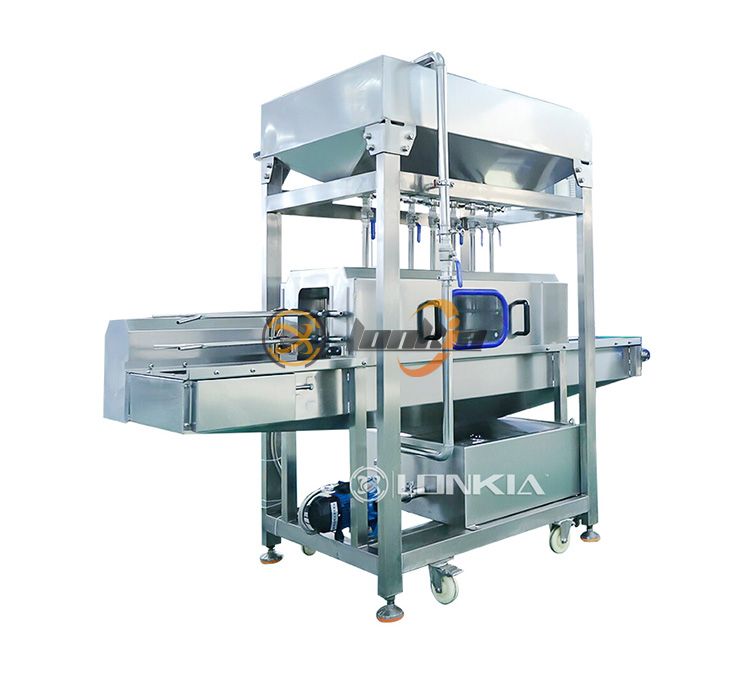Food canning is a vital process for preserving a wide range of products—from fruits and vegetables to meats, seafood, and ready meals. If you're in the market for a food canning machine for sale, it’s important to understand what to look for to ensure quality, efficiency, and compliance with food safety standards.
1. Types of Food Canning Machines Available
There are several types of food canning machines, each suited for specific applications:
Semi-automatic Canning Machines – Ideal for small to medium production lines. They offer flexibility with less initial investment.
Fully Automatic Canning Machines – Best for high-volume operations. These systems handle filling, sealing, and labeling with minimal labor.
Vacuum Canning Machines – Remove air before sealing, extending shelf life and preserving flavor and color.
Rotary Can Seamers – Used to hermetically seal metal cans, essential for meats and fish.
Before choosing, consider the type of product you’ll be canning (liquid, solid, viscous), production volume, and space availability.

2. Key Features to Consider
When browsing food canning machines for sale, pay attention to these critical features:
Material and Build Quality
Stainless steel construction is preferred for hygiene and corrosion resistance.Versatility
Some machines can handle different can sizes and product types with quick adjustments.Speed and Output Capacity
Match the machine’s can-per-minute (CPM) rating with your production goals.Ease of Cleaning and Maintenance
Machines with CIP (Clean-in-Place) systems or easy-to-disassemble parts save time and labor.Automation Compatibility
For modern plants, integration with automated conveyors, filling systems, and labeling units is crucial.
3. Common Applications
Food canning machines are widely used in the following sectors:
Fruit & Vegetable Processing – Peaches, corn, tomatoes, mushrooms, beans.
Meat and Poultry – Cooked or stewed meats in brine or oil.
Seafood – Sardines, tuna, mackerel, and squid.
Ready Meals – Soups, stews, curries, and baby food.
Ensure the machine you choose is suited for the viscosity, temperature, and filling accuracy of your products.
4. Where to Buy Quality Food Canning Machines
Look for reputable manufacturers and suppliers who offer:
Customizable options based on your product and production needs
After-sales support, including installation, training, and spare parts
Global certifications such as CE, ISO, or FDA-compliant design
Many manufacturers in Europe and Asia offer competitive pricing and strong technical support. You can also find good deals on refurbished or second-hand machines, but be sure to inspect thoroughly or buy from certified resellers.
Conclusion
Finding the right food canning machine for sale involves more than just checking prices. You need a machine that aligns with your product type, production volume, hygiene requirements, and long-term operational goals. Investing in a high-quality canning solution will improve efficiency, extend product shelf life, and help your business scale profitably.
